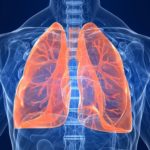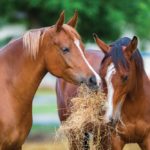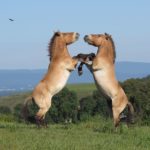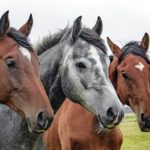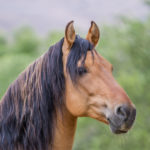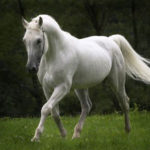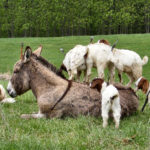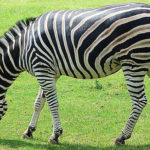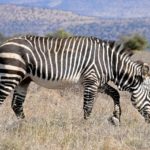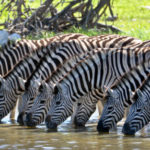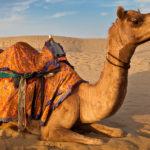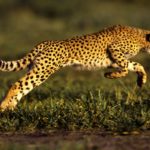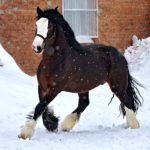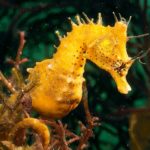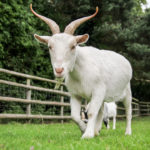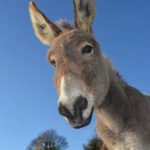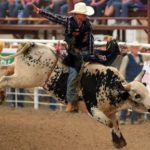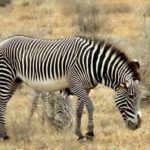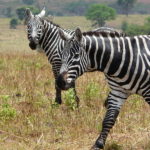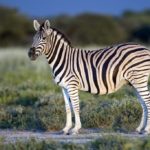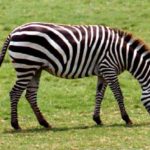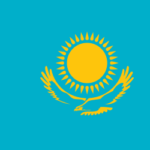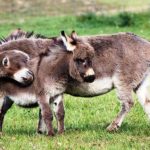Horses
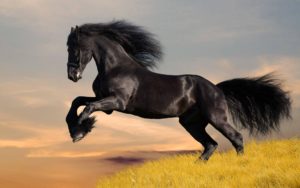 Horses – very mobile, strong and hardy animals. They, as bright representatives of the ungulates’ kingdom, always had a very active and mobile lifestyle, so they have a well developed musculoskeletal system, as well as cardiovascular and respiratory systems. In this case, horses breathe only through the nostrils. With the help of moving pterygoid cartilages located here, the amount of incoming air is regulated. At the same time, the number of breaths and breaths (ie, the number of respiratory movements) in a state of rest fluctuates between 8 and 16 per minute, and in fast-running horses walking at a trot or gallop it can reach 120.
Horses – very mobile, strong and hardy animals. They, as bright representatives of the ungulates’ kingdom, always had a very active and mobile lifestyle, so they have a well developed musculoskeletal system, as well as cardiovascular and respiratory systems. In this case, horses breathe only through the nostrils. With the help of moving pterygoid cartilages located here, the amount of incoming air is regulated. At the same time, the number of breaths and breaths (ie, the number of respiratory movements) in a state of rest fluctuates between 8 and 16 per minute, and in fast-running horses walking at a trot or gallop it can reach 120.
An important role in the horse’s body is played by the circulatory system. The volume of blood circulating in all blood vessels in the body reaches 7-11% of the total weight of the animal, although it depends on such factors as age, breeds, etc. It is established that the full circle of blood circulation in a horse occurs in about 25 to 32 seconds, The pulse rate is normally 36 to 44 beats per minute.
A horse is by nature a herbivore. They have very mobile and sensitive lips, actively participating not only in feeding, but also in other types of behavior. The dental system is represented by perfectly developed incisors and especially molars. An important role in the food system is played by well-developed large salivary glands. Powerful chewing musculature helps the horse to easily grind (irritate) and prepare well for assimilation not only grass and other vegetation, but also solid forages in the form of various grains. In the process of evolution, a relatively small single-chambered stomach was formed in the horse, but the large intestine is rather bulky. Due to the fact that horses have an excellent sense of smell, they distinguish different types of food well, which prevents them from swallowing poor-quality or spoiled food, as well as various impurities in it.
Horses are pretty smart and smart animals that have a highly developed nervous system. That is why they easily develop conditioned reflexes to certain external stimuli, which once formed, are retained by the horse for many years. By the nature of the horse, most of them obedient and good-willed animals, who, with proper education, completely trust the person, becoming his best friend. Horses have an excellent memory, so they can themselves remember the road, which took place several years ago and bring a person home.
Sexual maturity in horses comes at the age of one to two years. It is at this age that the filly can already be fertilized, and in the sexual glands of the stallions mature spermatozoa begin to be produced. The physiological maturity of horses comes later, at about 3 to 3.5 years. By this age, their body will be strong enough, and the mare becomes able to reproduce foals without damage to their body. Stallions physiologically mature even later, approximately in the period from 3 to 5 years …

